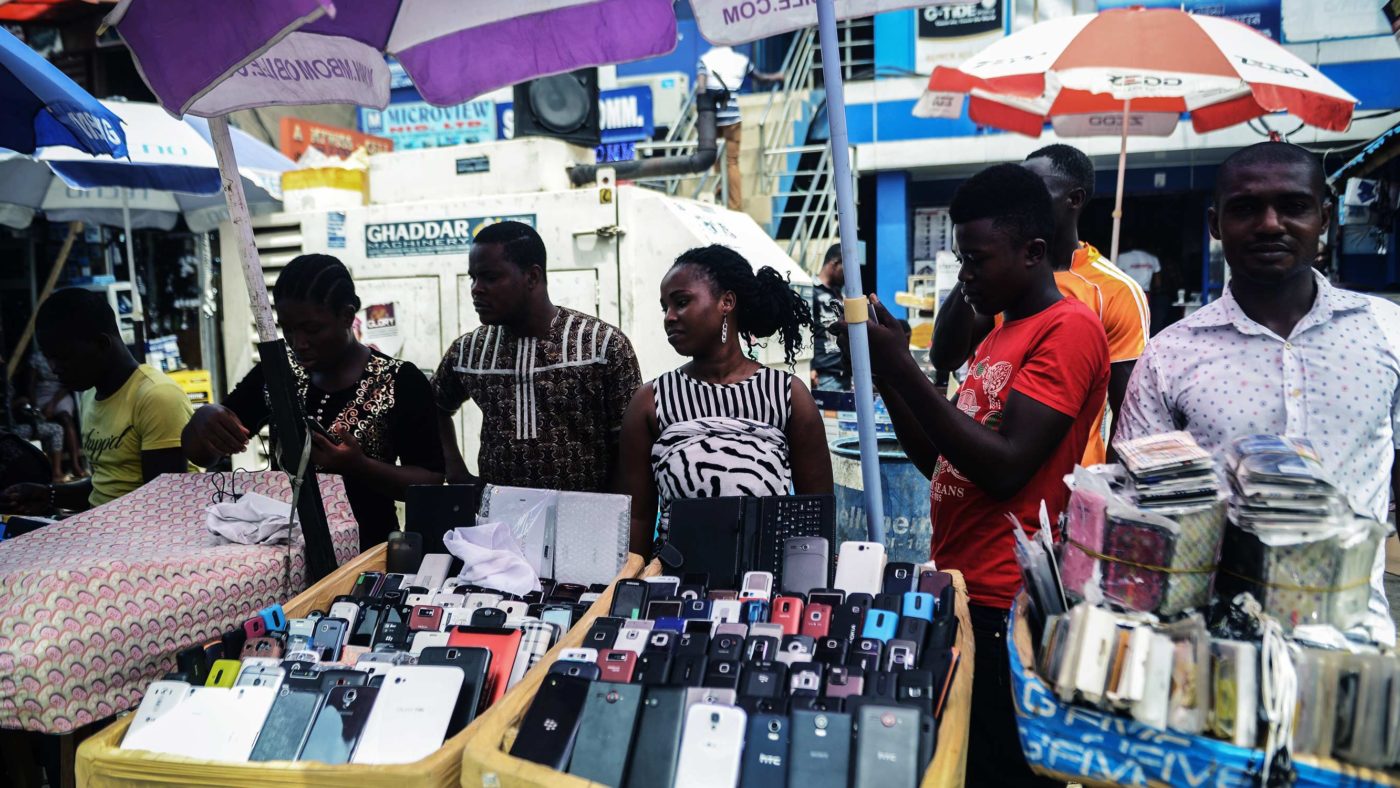African leaders are gathering in Paris today for a summit hosted by President Macron. On the agenda: supporting the economic recovery of the world’s fastest growing continent. The French President has pledged to explore creative solutions, including debt relief and even debt cancellation, as well as financial support to the African private sector.
Macron’s grand gesture sends a clear signal: France is taking Africa seriously, and wants to lead Europe’s post-pandemic engagement with the continent. As Britain seeks to live up to its post-Brexit ‘Global’ moniker, France and others are forging ahead in developing mutually beneficial relationships with African countries.
Shortly before the pandemic struck, Boris Johnson was bullish about a new era of UK-Africa relations, positioning the UK to be Africa’s ‘investment partner of choice’. Since then, investment into Africa has fallen sharply. The pandemic’s devastating impact on European and African economies has sucked the momentum out of trade integration and African investment.
Fresh impetus is needed. The UK must step up its engagement across Africa and, like France, build on its existing relationships to offer new economic partnerships rooted in job creation and productivity growth, using the expertise and fire power of UK Export Finance.
For Britain, Nigeria is the perfect partner to kickstart this effort. As the continent’s most populous nation and largest economy, Nigeria is already a regional powerhouse with unparalleled growth potential. Crucially, the UK already enjoys deep cultural ties with the country, symbolised by a thriving Nigerian diaspora and an important strategic partnership, particularly in security.
Boris Johnson would do well to follow Macron’s lead in offering the UK as a willing partner to tackle the health crisis and support African economies to bounce back. The UK’s generous contributions to COVAX, the vaccine-sharing scheme, are an important start and ought to be further expanded this year. But over the medium term, facilitating investments into African economies is the key.
In this regard, there are few more attractive partners than Nigeria.
Under President Buhari, the Nigerian government has bet heavily on upgrading Nigeria’s long-neglected infrastructure. New roads, railways, airports, pipelines and ports – including the Lekki deep-sea port, the first of its kind in Nigeria – are aimed at driving down the cost of doing business, boosting Nigeria’s long-term productivity and diversifying the economy.
Reforms to the energy sector and investments in electrification and the country’s power grids, meanwhile, give reason to be optimistic that Nigeria’s booming population and entrepreneurial middle class can deliver sustained long-term growth. UK funds, both private and public, can provide valuable support for these developments.
In a further vote of confidence in the dynamism of Nigeria’s economy, Microsoft has recently announced it is partnering with the government to accelerate the growth of the country’s digital economy. Led by Lagos, Nigeria is already Africa’s start-up nation with the tech sector accounting for more than 10% of GDP.
The UK itself has done stellar work through the UK-Nigeria Tech Hub, offering support and advice to Nigeria’s digital entrepreneurs. Science and technology expertise mean the UK is well placed to provide further support, whether through partnerships or investment. By facilitating and supporting Nigeria’s growth, the UK can be part of Nigeria’s success, and reap the kinds of benefits proponents of a Global Britain have long touted.
A forthcoming report by the Foreign Affairs Select Committee, led by Tom Tugendhat MP, aims to use Nigeria as a case study of Global Britain in action. The committee rightly identifies Nigeria, in part thanks to the thriving Nigerian diaspora here in the UK, as a crucial yardstick for the success of the Government’s post-Brexit vision, laid out in the Integrated Review earlier this year. Their report will be a vital first step in taking that vision out of statements and soundbites and putting it into practice.
If the UK is serious about becoming a global Britain that looks beyond its near neighbours, then further strengthening the relationship with Nigeria is a good place to start. A more comprehensive trade relationship, built on strong cultural foundations, will send a clear signal not only to other African partners, but to the world. Perhaps just as importantly, President Macron’s summit in Paris this month shows that if the UK does not grasp opportunities to be a supportive partner for emerging economies in Africa, others gladly will.
Click here to subscribe to our daily briefing – the best pieces from CapX and across the web.
CapX depends on the generosity of its readers. If you value what we do, please consider making a donation.


